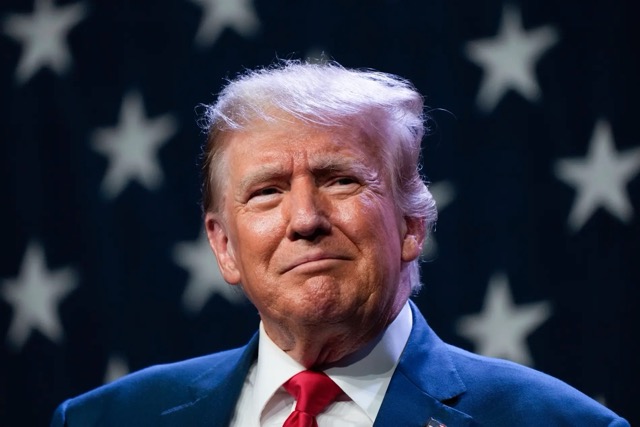New York’s top appeals court on Thursday denied President-elect Donald Trump’s request to delay his sentencing, scheduled for Friday, following his 2024 conviction for falsifying business records.
A judge on the New York Court of Appeals issued a brief order declining Trump’s legal team’s request for a hearing. No explanation was provided.
Trump’s attorneys argued this week that both Justice Juan Merchan and the state’s mid-level appellate court had “erroneously failed” to halt the proceedings. They claimed the Constitution mandates an automatic pause during the appeals process of Merchan’s ruling that upheld the jury’s verdict.
When scheduling the sentencing, Merchan indicated he would impose no fines, probation, or jail time. A Manhattan jury found Trump guilty of falsifying business records related to payments made during the 2016 presidential campaign. Trump, who pleaded not guilty, has denied any wrongdoing.
In their emergency application, Trump’s attorneys sought an “immediate stay” of the sentencing and contended the trial violated the U.S. Supreme Court’s July 2024 ruling granting their client broad immunity from prosecution for actions taken as president.
They also asserted the case was politically motivated and based on unreliable claims. “This appellate proceeding should result in a dismissal of this politically motivated prosecution,” they wrote, describing it as “flawed from the very beginning, centered around the wrongful actions and false claims of a disgraced, disbarred serial-liar former attorney.”
Trump’s legal team argued that sentencing so close to his January 20 inauguration would cause “irreparable harm” and infringe on his constitutional rights.
Justice Merchan rejected these claims last week, allowing Friday’s sentencing to proceed. In his ruling, Merchan stated his intention not to impose jail time: “While this Court as a matter of law must not make any determination on sentencing prior to giving the parties and Defendant an opportunity to be heard, it seems proper at this juncture to make known the Court’s inclination to not impose any sentence of incarceration.”
The Manhattan District Attorney’s Office opposed Trump’s attempt to halt sentencing, writing, “There is no risk here of an ‘extended proceeding’ that impairs the discharge of defendant’s official duties—duties he does not possess before January 20, 2025, in any event.”
Trump also petitioned the U.S. Supreme Court to block Friday’s sentencing. The emergency appeal, submitted to Justice Sonia Sotomayor, argued that Trump would become “completely immune” from all criminal proceedings upon assuming office and that presidential immunity applies even during the transition period.
Trump has faced four criminal cases in separate jurisdictions. Federal special counsel Jack Smith dismissed two cases after Trump’s November election victory. Meanwhile, a Georgia case was effectively stalled after the dismissal of Fulton County District Attorney Fani Willis over alleged misconduct.
 Telegram is where we really talk. Don't miss out!
Telegram is where we really talk. Don't miss out!







